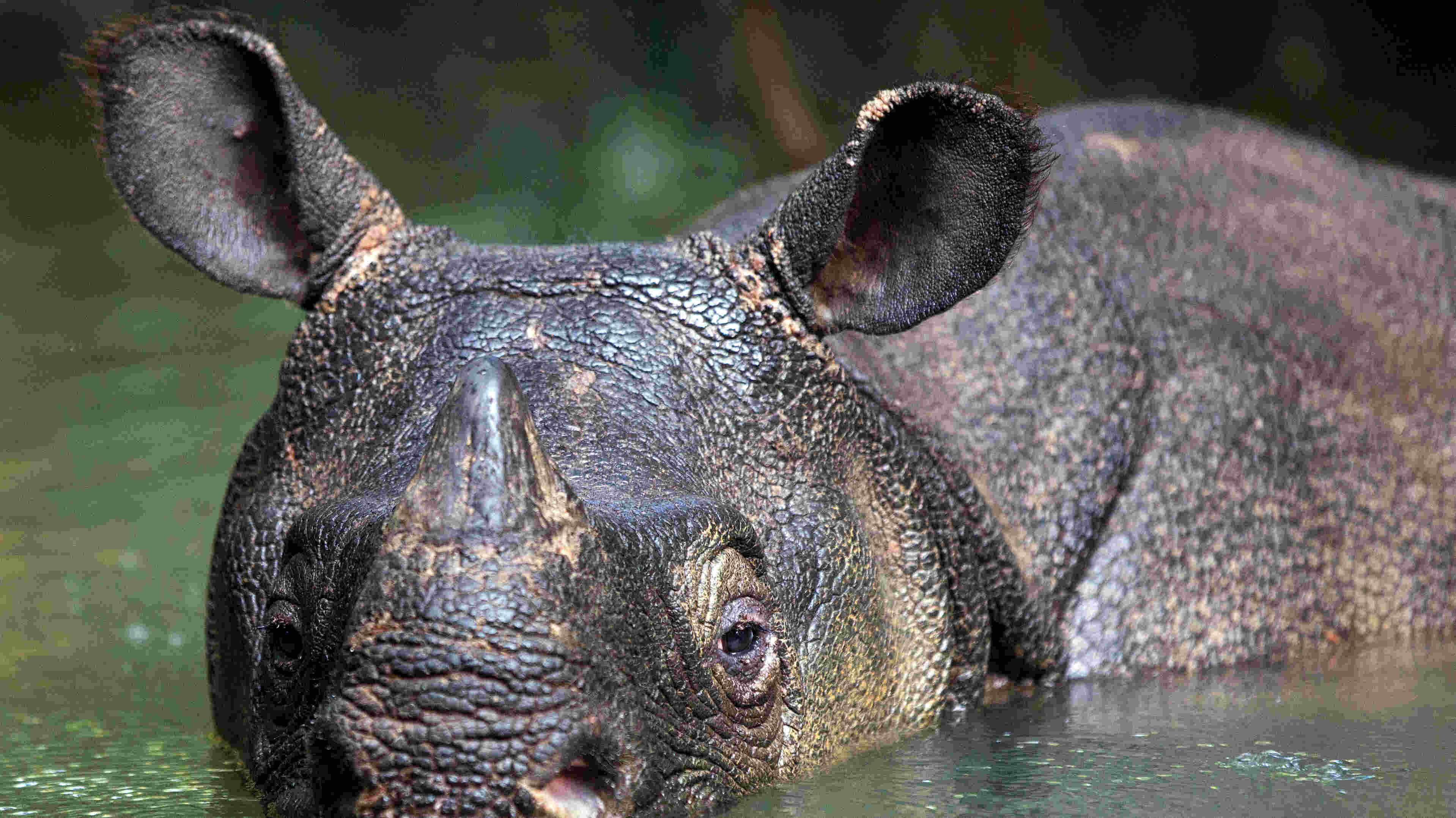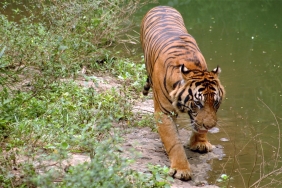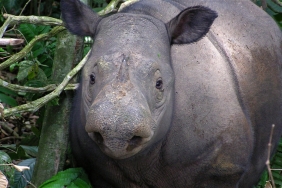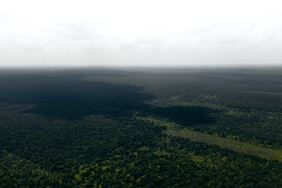DEVELOPMENT OF RURAL AREAS (PKP) IN VILLAGES SUPPORTING THE UJUNG KULON NATIONAL PARK
The Javan rhino conservation activities have been the foundation of the emergence of WWF organization in Indonesia in 1962. In conservation activities in Indonesia, the WWF Indonesia Foundation has always tried to embed innovation and science and technology as the basis for efforts to save the species. However, over time, the role of local communities in the villages supporting conservation areas has an equally large and crucial portion in conservation activities. The active role of village communities is key to the sustainability of Javan rhino and ecosystem conservation efforts in Ujung Kulon.
The initiation of the Ujung Kulon National Park Rural Area Buffer (PKP) Development in Cimanggu District was carried out as an effort to accelerate and improve service quality and capacity through community empowerment, economic development and development. By integrating the policies of parties from various levels, such as the central government, local government, village government, and the community as the perpetrator of activities in PKP in the TNUK buffer zone, it is an effort to encourage the community in managing natural resources in the village area and in the agricultural area in the TNUK area utilization zone in an ecological and sustainable manner.
Before the initiation of PKP, a participatory Sustainable Livelihood Assessment (SLA) was conducted. One form of implementation of the results of the study is the Ecological Farming Field School (SLPE) which plays a role in encouraging farmers to carry out ecological farming activities. This SLPE activity has an impact on reducing production costs, farming patterns and healthy living, as well as the awareness of farming communities to make conservation efforts for the diversity of buffer village ecosystems which are expected to make a greater contribution to supporting Javan rhino conservation efforts and habitat.
In its activities, development continues to be carried out by ecological farmer groups together with local facilitators and communities in TNUK buffer villages. The form of development carried out in the form of communication between thematic local facilitators (faslok) and SLPE alumni between villages through discussion forums and the development of the implementation of ecological farming activities through capacity building of ecological farmers between villages in the TNUK buffer zone. This shows that indirectly the cooperation of inter-village faslok has been formed.
Thus, the process of initiating PKP can be done bottom up so that the village community through inter-village cooperation is able to synergize in the TNUK buffer village area by having the same goals and potential in empowerment activities and sustainable natural resource management that has an impact on the welfare of the TNUK buffer village community and the preservation of natural resources.
Based on the results of the SLA on the development of natural resource potential in Cimanggu Sub-district, agroforestry was chosen as the basis of the PKP theme in the area. PKP Agroforestry was formed from 4 buffer villages in Cimanggu Subdistrict, namely; Rancapinang Village, Tugu Village, Keramat Jaya Village, and Cibadak Village. This PKP was later named PKP Ratu Badak Jaya.
The establishment of PKP in TNUK buffer villages helps the community to integrate village policies in managing natural resources optimally through ecological agriculture so as to increase community income. Currently, the initiation of inter-village cooperation is carried out through the PKP Agroforestry program in TNUK buffer villages which has been approved through Regent Decree Number 147/kep.240-HUK/2019 concerning the establishment of rural areas agroforestry buffering Ujung Kulon National Park and PERBUP Number 2 of 2020 concerning the development plan for rural areas agroforestry buffer villages of TNUK Cimanggu District.
The result of the cooperation carried out by PKP Agroforestry in TNUK buffer villages in Cimanggu District is the formation of a Joint Village-Owned Enterprise (BUMDESMA) Sadulur Sauyunan which is engaged in the business of healthy rice produced by ecological farmer community groups. BUMDESMA also plays a role in marketing the production of ecological farming healthy rice.





